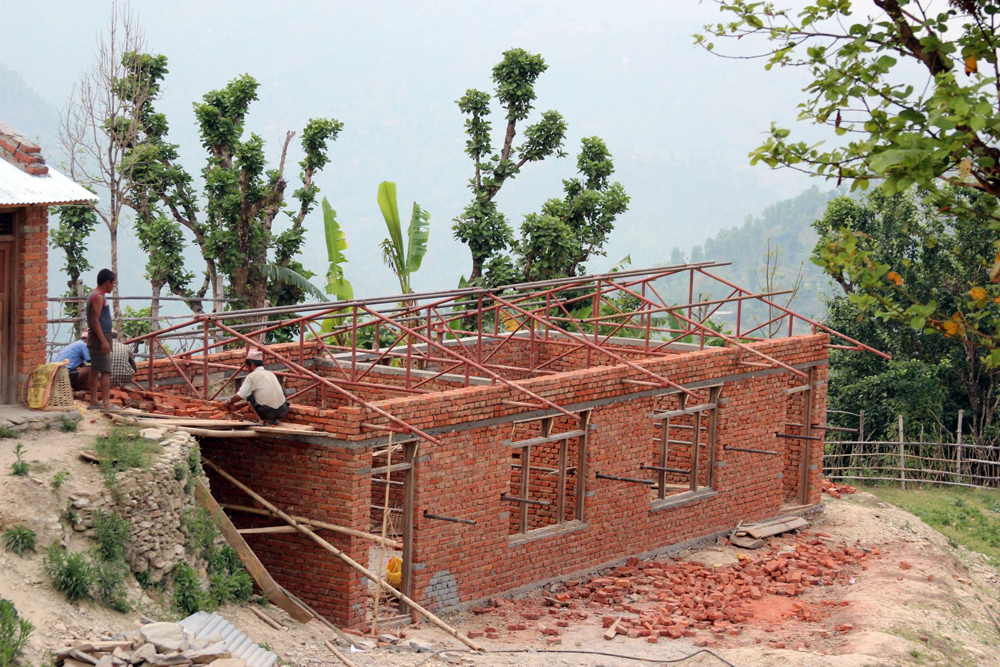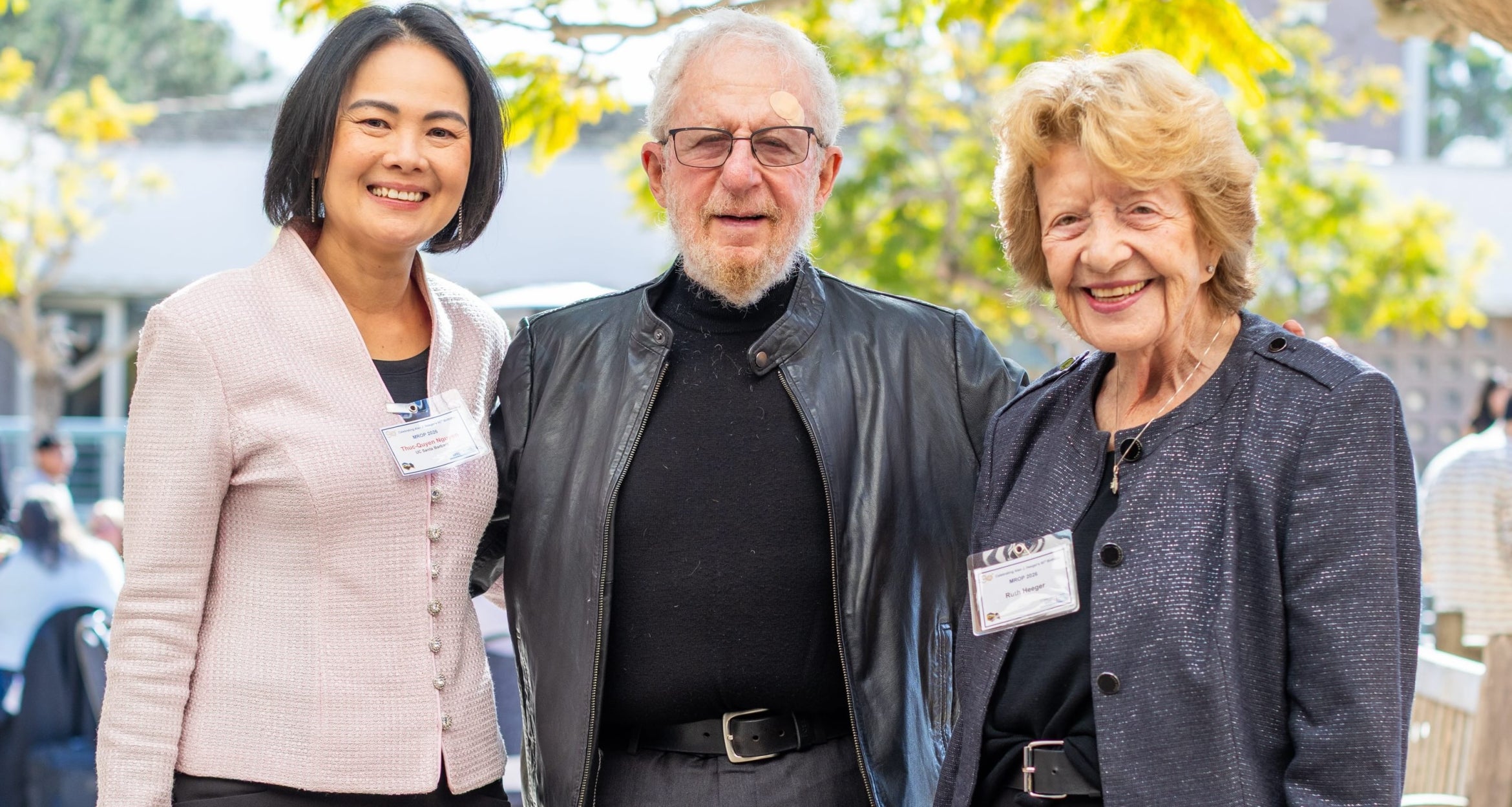
Everybody loves a game of soccer. That was the idea a couple of UC Santa Barbara students had when they formed the nonprofit Inspire a Child, which uses the virtually universal love for the sport to entice children in poorer parts of the world to choose to go to school, and inspire them to better themselves and their communities.
"Soccer is not only a fun and enjoyable pastime, but a developmental tool which can help improve the lives of children, their families, and communities," said Inspire a Child founder Olivia Wong, who majors in political science and international relations at UCSB. "In countries that have been torn apart by war or extreme poverty, sporting festivities and games can promote good health, teach important values and leadership skills, and even help further girls' education."
The strategy? Partner with local communities to build classrooms and environmentally sustainable soccer fields in an effort to bring primary education to children who would otherwise go without the ability to read, write, or do basic math. The project also attracts volunteers and mentors who build relationships and momentum within the community to sustain the effort throughout the critical stages of the children's development.
The fledgling organization is currently working on its first project, in a remote village in the Himalayas. Still suffering in the wake of a brutal decade-long civil war, the Nepalese community of Arupokhari-1 in the region of Gorkha, like many other communities in the country, lives in poverty. People get by through sustenance farming, and have meager resources for the education of their children.
Thanks to a recent $10,000 scholarship award from the Donald A. Strauss Public Service Scholarship Foundation, which awards up to 15 college juniors every year, the Inspire a Child organization was able to plan a project to expand the local Sarswati Peace School, alongside the construction of an environmentally sustainable soccer field.
"The Strauss Scholarship awards students for their drive, for demonstrating compassion towards their neighbors, and for devoting themselves to a purpose larger than self. But even more, it allows students to realize the power of a creative thought and translate it into meaningful action that betters the lives of others and of humanity," said Wong, who has received congratulations from UCSB Chancellor Henry T. Yang for her achievement.
In August, Wong, fellow UCSB student John Amend, Aspasea McKenna from University of Washington Bothell, and a group of volunteers will head out to the village to refurbish the school facilities and implement construction of the soccer field. Future project sites include Brazil, Africa, Mexico, and Haiti.
"(Soccer) is so powerful," said Amend, who works extensively with the Santa Barbara-based Nuclear Age Peace Foundation. "It not only brings every nation and creed together every four years through the World Cup, but in civilizations all around the globe, futbol has the capability to bring people together in a peaceful manner." Added to that is the incentive for children to focus on scholarship for the opportunity to play.
But soccer isn't just an incentive. It's also a weapon the organization's founders are using to combat the darker aspect of its universal appeal: human trafficking.
"In soccer-crazed nations like Brazil, Ghana, and Ivory Coast, a shot at becoming the next home-grown superstar is all but irresistible to both children and parents," said Wong, who spent two summers in Lagoa Santa, Brazil, several years ago. While, for a few children, the dream of becoming a professional player comes true, countless others fall victim to unscrupulous agents and recruiters who disappear when results do not materialize, leaving the young would-be players stranded, and their families swindled out of hard-earned savings they invested in their kids' future.
"To combat this issue and, moreover, the root of the problem –– poverty and the lack of universal primary education –– I sought to design an alternative opportunity for children to play soccer while attending school," said Wong.
At the same time, Inspire a Child is creating opportunities for students to take on leadership roles and grow with the organization. McKenna, for example, met Wong while traveling through Asia, and not only jumped at the opportunity to get involved in the first project, but is now serving as its Director of Project Management.
"I'm so fortunate to have been raised in a privileged world," said McKenna. "With that said, I feel that it is my duty to help those who were not born in such advantageous circumstance. I am confident in the success and sustainability of this initiative and hope that one day, through soccer, we will have reached out to schools and children all over the world!"



